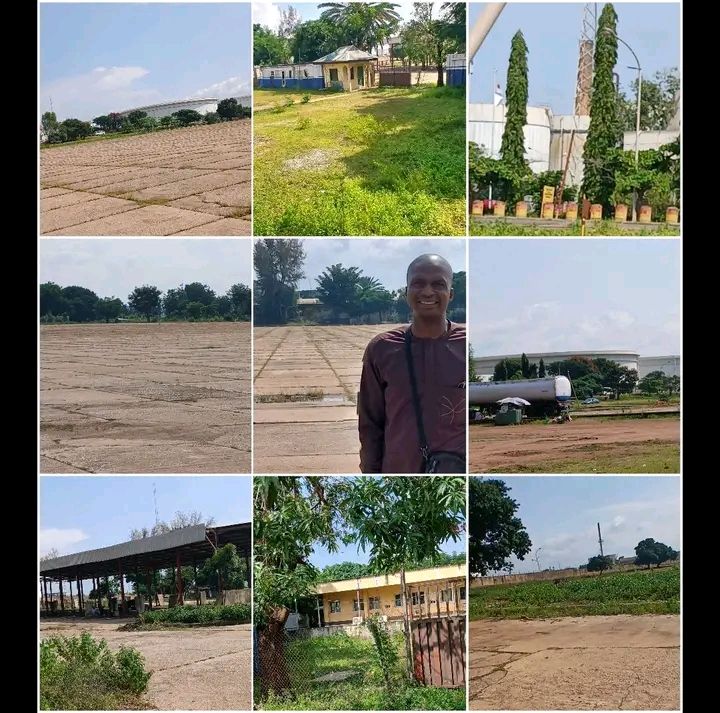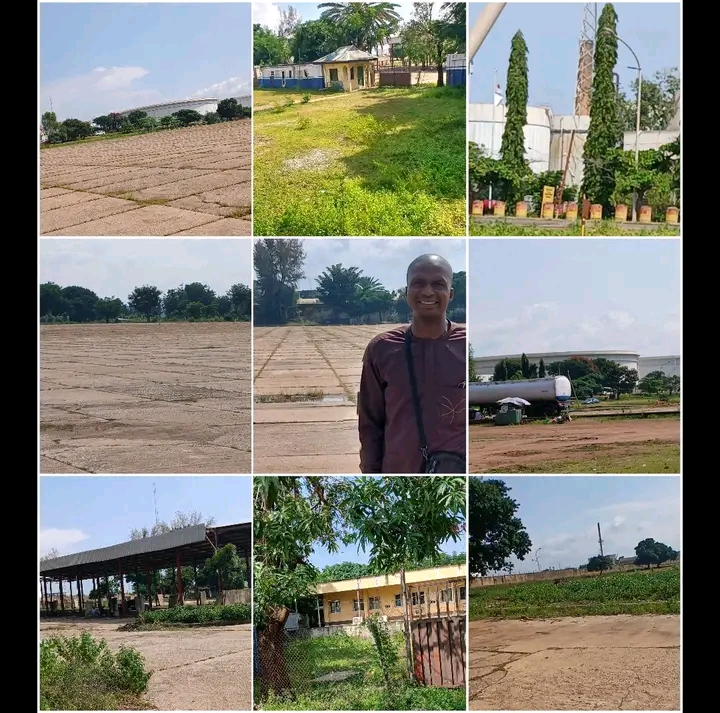My heart wrinkles with pain and my eyes well up with tears each time I remember what Kaduna Refinery used to be before the administration of General Muhammadu Buhari took over from Goodluck Jonathan and turned one of Nigeria’s pride into ruins.
After spending 10 years away from the Kaduna Refinery, where I once worked under independent marketers, returning there was a deeply emotional experience. I was shocked and heartbroken to see how much the facility — once a symbol of national pride and industrial strength — had deteriorated.

The structures that used to bustle with activity now looked abandoned, the machines rusty and idle, and the entire environment reflected years of neglect and mismanagement.
It was painful to witness the extent of destruction and decay that had taken place under the watch of leaders who once promised progress, change and reform.
The refinery, once a symbol of industrial strength and economic hope, became a graveyard of abandoned dreams — crumbling under bad leadership, corruption, and deliberate sabotage.
I still recall the days when the sight of fire burning from the refinery flares filled the air with joy and hope. That bright flame symbolized productivity — it meant jobs, money, and life. Everyone around Kaduna felt the impact of that fire.
Drivers, food sellers, water vendors, shoeshiners, recharge card sellers, welders, and all categories of small-scale business owners benefitted from the daily activities at the refinery. The local economy thrived, families were sustained, and hope was alive.
Approaching the refinery gate in those days was like entering a city within a city. Long queues of trucks stretched far beyond sight, waiting to load products. On the right-hand side, you could see hundreds of trucks loaded with petroleum products undergoing laboratory tests.
Across the other side were fleets of Dangote trucks lined up, waiting to load bitumen, diesel (AGO), and other refined products. The entire area was a hive of economic activity, with sounds of engines, shouting of vendors, and the movement of goods day and night.
But today, that once vibrant industrial hub is nothing but a wasteland. When Buhari came into power, he not only neglected the refinery but systematically destroyed it.
Thousands of workers were laid off, small businesses collapsed, and the ripple effect spread through every corner of Kaduna. Many people went into debt, lost their houses, and some even died of heartbreak.
When you walk through the refinery complex now, what used to be a bustling tarmac filled with hundreds of trucks is overtaken by weeds. The once-lively offices, including ours which was located behind the Union Bank near the refinery, are now deserted and covered in dust. Silence replaced the sound of commerce. The air smells not of fuel, but of decay.
I remember vividly how we used to wait until evening to know the day’s product prices, determined by the inner circle — the “cabal” that controlled refinery prices.
Those were days when money flowed, and banks like Zenith were packed full of customers depositing or withdrawing cash from oil-related transactions. We would take money to the bank in sacks, laughing with excitement as we watched the fruits of our labour. Today, that same area looks like a graveyard. The silence is haunting.
Government policies under Buhari deliberately killed businesses linked to Kaduna Refinery. Instead of reviving the plant, the administration preferred to allocate maintenance contracts worth billions of naira to cronies.
Each time, the refinery was “awarded for turnaround maintenance,” yet nothing tangible ever emerged.
The funds were looted, and in many cases, substandard materials were used just to justify inflated costs. The intention was clear — to kill the refinery so one man could monopolize the oil sector.
It became apparent that the refinery’s death was not an accident but a calculated move. The plan was to allow one individual dominate the petroleum market, own the biggest refinery in Africa, and control the lifeline of Nigeria’s economy.
Kaduna Refinery and others were deliberately allowed to rot so that private interests could thrive at the expense of millions of Nigerians who depended on those state refineries for their livelihood.
How can a nation that sacrifices its assets for the benefit of one man ever prosper?
How can a people survive under anti-poor policies that cripple industries and destroy the dreams of generations? When a government chooses monopoly over competition, corruption over productivity, and personal gain over national interest, poverty and despair become the people’s inheritance.
Today, Nigeria is still sinking deeper. The once-promising industrial sector has been replaced by imported products and foreign dependency.
The acclaimed “Democrat” who took over from Buhari has done little to change the narrative. The economy is worse, and the refineries remain in ruins despite billions allocated for “rehabilitation.”
Nigerians, especially the youths, have been deceived into glorifying the same leaders who plundered their future — celebrating thieves as heroes and betrayers as patriots.
Kaduna Refinery was more than a facility; it was a symbol of hope, progress, and national pride.
Its collapse represents not just an economic tragedy but a moral one — a reminder of how greed and corruption can destroy even the strongest institutions.
Nigeria’s leaders killed the refinery for one man’s benefit, and in doing so, they killed the dreams of millions.
Until the nation reclaims its conscience and puts people above profit, the ghost of Kaduna Refinery will continue to haunt our collective destiny.

Leave a Reply